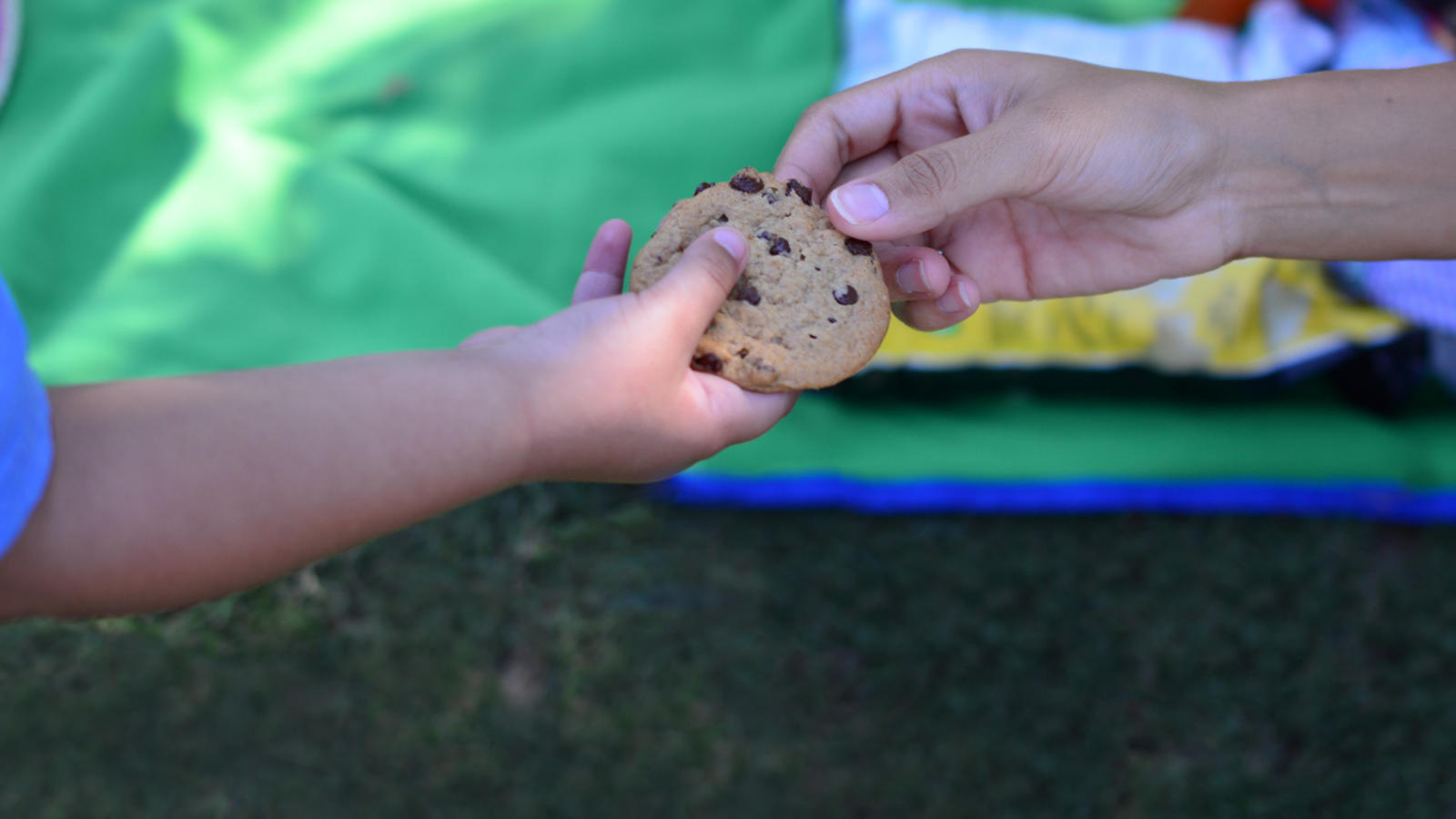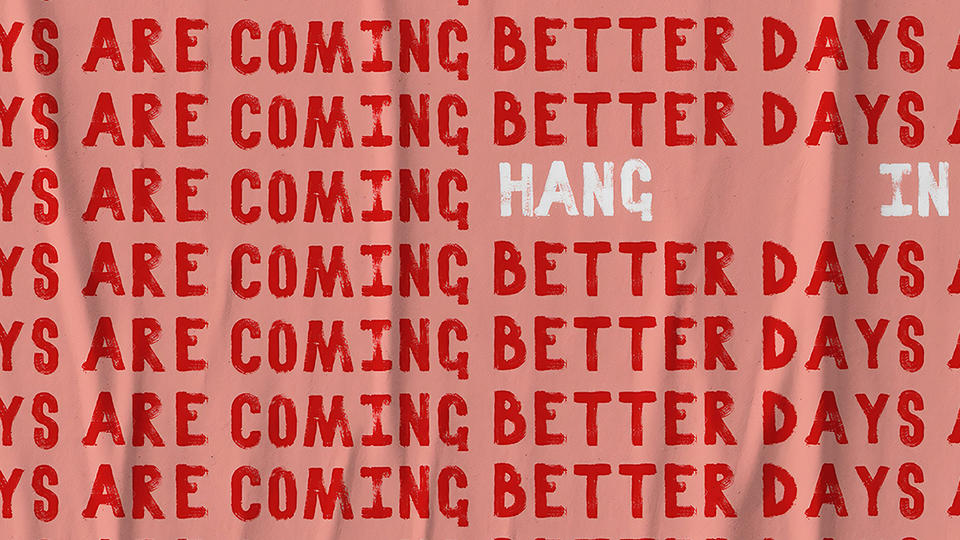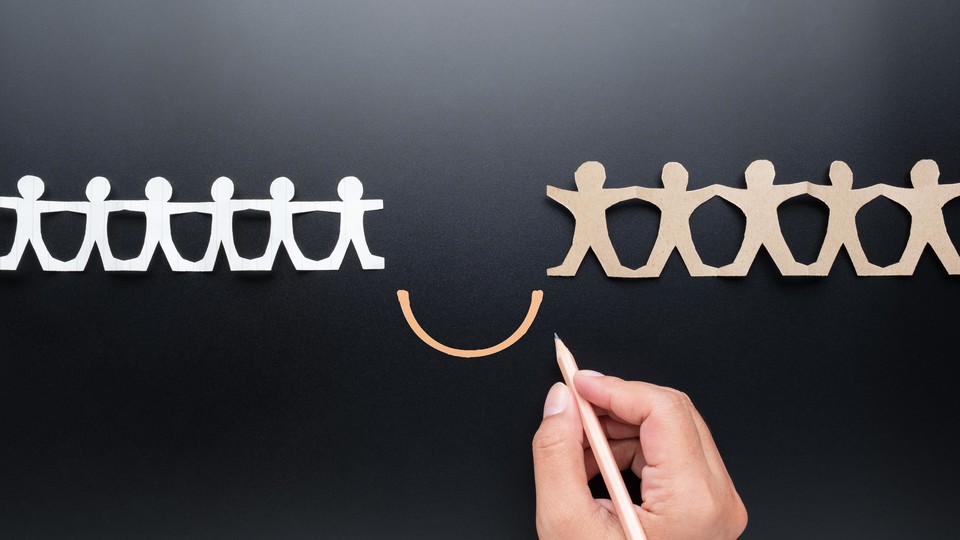
Do The Right Thing
Why Some Companies Rally To Help In A Disaster
By Jennifer (Jennie) Latson
Why Some Companies Rally To Help In A Disaster
Rooms normally rent for about $120 a night at a Best Western near Corpus Christi — but when Hurricane Harvey's storm surge hit, prices surged, too: to more than $320, as Austin's KXAN TV crew discovered.
Last week, Texas Attorney General Ken Paxton told CNBC he'd received more than 500 complaints of price gouging related to Harvey, including quadrupled hotel room rates, $99 cases of water and gas prices of up to $10 a gallon.
Meanwhile, other businesses took a more compassionate approach. Houston institution Gallery Furniture turned its massive showrooms into shelters, while Uber offered evacuees free rides. Airbnb, the international short-term rental service, enlisted the aid of more than 1,000 hosts offering free temporary housing. Grocery chain H-E-B distributed supplies to the hardest-hit areas.
Along with food, water and shelter, some companies offered free access to that most precious of commodities in a crisis: information. Media outlets including The New York Times, the Washington Post and the Chronicle dropped their paywalls; Comcast created 53,000 WiFi hotspots in and around Houston; and AT&T waived data overage fees for customers in the area.
So why do some businesses turn their backs on customers during disasters while others come to their rescue? And what are the consequences of companies' behavior in times of trouble?
There's no easy answer to the question of why some companies help out while others stand idly by — or worse. But at least some of it likely comes down to the moral views of a company's key decision-makers, according to Isaac Smith, an assistant professor of management in the Samuel Curtis Johnson Graduate School of Management at Cornell University.
"How broadly do they construe the scope of their moral obligations? Are they only morally obligated to have concern for the bottom line? Or do their moral obligations extend beyond shareholders to employees, customers and the communities in which they do business?" Smith asked. "The broader a given decision-maker's scope of moral concern, the more likely they will make a decision to help."
In times of crisis, these decisions make more impact than normal: People see them as indicators of what corporate leaders are truly made of, and justifiably so, says Anastasiya Zavyalova, an assistant professor of strategic management at Rice University's Jones Graduate School of Business.
"Catastrophes tend to bring out people's true character. And companies' leaders are a case in point," she said.
"The decisions a CEO makes during such tragedies as Harvey are likely consistent with the decisions he or she will make as a company executive. What is important for us, the stakeholders, is to pay attention to the choices firms made during Harvey and figure out if the company's actions are consistent with our beliefs and goals."
Many corporate leaders have come to the aid of the hurting Houston area in recent days. By Friday afternoon, CNN reported, companies had pledged more than $141 million in Harvey relief.
In general, more companies want to help than people might expect, Smith said.
"Despite the pervasive perception that businesses are strictly driven by self-interest and profit-maximization, there are countless examples of companies stepping up in a big way following natural disasters," he said. "Several years ago, a team of researchers analyzed the corporate social responsibility reports of 84 of the world's largest companies. They found that roughly 71 percent had engaged in disaster-relief efforts within the previous year. Though the reasons for doing so are varied, I like to think that many business decision-makers certainly get involved, at least in part, because they think it is the right thing to do — for moral or ethical reasons, if you will."
For Airbnb, which has seen an unprecedented outpouring of help from its rental hosts since Harvey hit, the decision to offer free housing during disasters didn't come from executives: It started as a groundswell of interest from the renters themselves.
In 2012, after Hurricane Sandy devastated parts of the Northeast, hosts asked how they could list their properties for free to those affected. At the time, $0 wasn't an option in the Airbnb fee scale.
"We were humbled," said Laura Spanjian, Airbnb's public policy director for Texas. "Airbnb started building tools to scale these generous acts across our global community."
Kellie Bentz, head of global disaster response for Airbnb, expects the number of volunteer hosts across the Gulf Coast to climb in coming days. The company is also waiving its fees, so neither hosts nor guests will pay anything.
"Many people are benefiting from this program, and we're really grateful for the ability for our host community to offer support in this way," Bentz said. "They're super gracious and generous for doing this."
But if helping during a disaster means sacrificing profits in the short term, it can also carry long-term benefits, points out Utpal Dholakia, a marketing professor at Rice Business.
"These types of goodwill gestures are ways to create a halo around the company's brand by associating it with positive activities," Dholakia said. "Another benefit to the company is that it is a relatively inexpensive but highly visible way to show that it is connected to the community within which it operates. In academic terms, we can call it local corporate social responsibility. Most people are going to remember such good deeds long after the disaster is over and see the company in a positive light, as a member of their community."
You don't have to be a local mom-and-pop shop to reap the rewards of community goodwill. Walmart's outpouring of aid in the 2005 aftermath of Hurricane Katrina has been cited as the gold standard for corporate disaster relief: "a model for logistical efficiency and nimble disaster planning," as the Washington Post put it.
With immense resources at its disposal — including a mammoth supply chain and distribution network — Walmart proved that corporations could be a powerful force for good in a disaster, especially compared to the government agencies whose notoriously sluggish, scattered response to Katrina earned the public's ire.
Walmart's donation of $3 million in supplies and $17 million in cash to Katrina's victims came at an opportune time for the corporation, eclipsing a rash of bad publicity over lawsuits, labor issues and falling stock prices. The lesson hasn't been lost on other companies looking to divert the public's attention from negative press.
"There are many strategic advantages to getting involved, the most obvious of which is an enhanced reputation in the eyes of the general public, including potential customers. And research has also shown that employees find pride in working for companies that 'give back,' which might reduce rates of employee turnover or even increase their overall productivity," Smith said.
Not all companies can offer Walmart-level assistance, of course, even if they want to. Company size, and the degree to which they themselves are impacted by a natural disaster like Harvey, are limiting factors. But while Walmart's Herculean efforts earned lasting admiration, relatively small acts of insensitivity can evoke swift and brutal blowback.
Take the way one Houston-area Best Buy store fumbled its Harvey response by charging $42 for a case of water. A photo of the price tag went viral on social media outlets, and a public outcry ensued.
This wasn't part of a top-down policy to gouge Houston's panicked residents, Best Buy later clarified in a statement. "This was clearly a mistake in a single store," the company's media relations team wrote. "We feel terrible about this because, as a company, we are focused on helping, not hurting people affected by this terrible event. We are all deeply sorry that we gave anyone even the momentary impression that we were trying to take advantage of the situation."
It's worth worrying about, researchers say: Even a momentary impression that a company is exploiting customers can have lasting repercussions.
"While price gouging might appear on the surface like the logical capitalist response to tremendous demand and limited supply (like the Best Buy example), companies may do better over the longer term by helping those in need," said Marina Andrea Welker, an anthropology professor at Cornell who studies the relationship between business and society. "The media has a critical role to play here in calling attention to harmful practices."
And as a rule, people tend to remember bad publicity longer than they remember acts of heroism, says Zavyalova. It has a way of sticking in the public consciousness.
"It's much more difficult to shed [unwelcome] attention, because it involves a lot of negative emotions, and people are much more locked into those kinds of feelings," she said. "Even with the positive form of fame, when there's admiration and adoration, a couple of missteps will drag you down."
So will Airbnb walk away as Harvey heroes, and Best Buy as villains? It's not that simple, Smith says. While customers tend to remember corporate misdeeds longer than altruism, nothing is permanent. Outrage tends to fade over time, especially after the news media moves on to the next disaster.
"On the whole, despite concentrated sets of boycotts here or there, the general consumer seems to be fairly forgiving (if not often completely ignorant) of companies' indiscretions and exploitations," he said.
Jennifer Latson (@JennieLatson) is a writer and editor at the Jones Graduate School of Business at Rice University and the author of "The Boy Who Loved Too Much."
This article originally appeared in the Houston Chronicle's Gray Matters blog.
Never Miss A Story


